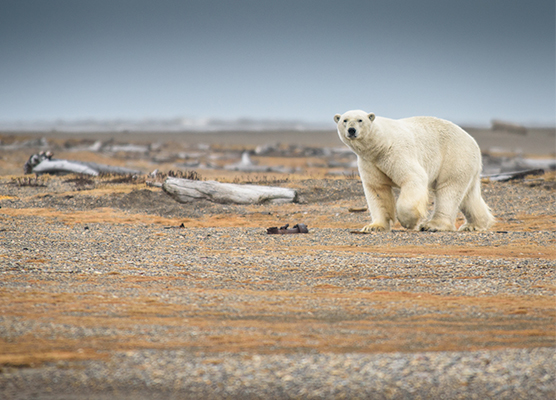
The study of atmospheric science includes the prediction of weather and climate change as well as their impact on society. Designed to provide an understanding of the fundamentals of atmospheric science at the local, regional, and global levels, this course covers the nature, composition, and structure of the atmosphere, its interactions with other parts of the Earth, and the major chemical mechanisms controlling the occurrence and mobility of air pollutants in the atmosphere. Course topics also include global atmospheric composition, ecosystems, living organisms, and environmentally important atmospheric species such as greenhouse gases, stratospheric ozone, acid precipitation, urban smog, and air toxics.
This course requires the textbook Principles of Atmospheric Science 1st edition, by John E. Frederick, which is available from a variety of online book retailers.
There are no required prerequisites for this course, although students pursuing the Certificate in Climate Change are strongly encouraged to complete CLCH 1600: Oceanography prior to enrolling in this course.
*Academic credit is defined by the University of Pennsylvania as a course unit (c.u.). A course unit (c.u.) is a general measure of academic work over a period of time, typically a term (semester or summer). A c.u. (or a fraction of a c.u.) represents different types of academic work across different types of academic programs and is the basic unit of progress toward a degree. One c.u. is usually converted to a four-semester-hour course.
Instructor
- Associate Director, Undergraduate Programs in Earth and Environmental Science
Maria has been teaching at Penn since 2002 and is currently the Associate Director for Undergraduate Programs in Earth & Environmental Science (EES). Maria teaches graduate-level courses for the Master of Science in Applied Geosciences (MSAG) program, including Aqueous Geochemistry and Fundamentals of Air Pollution. She also teaches two… Read more

